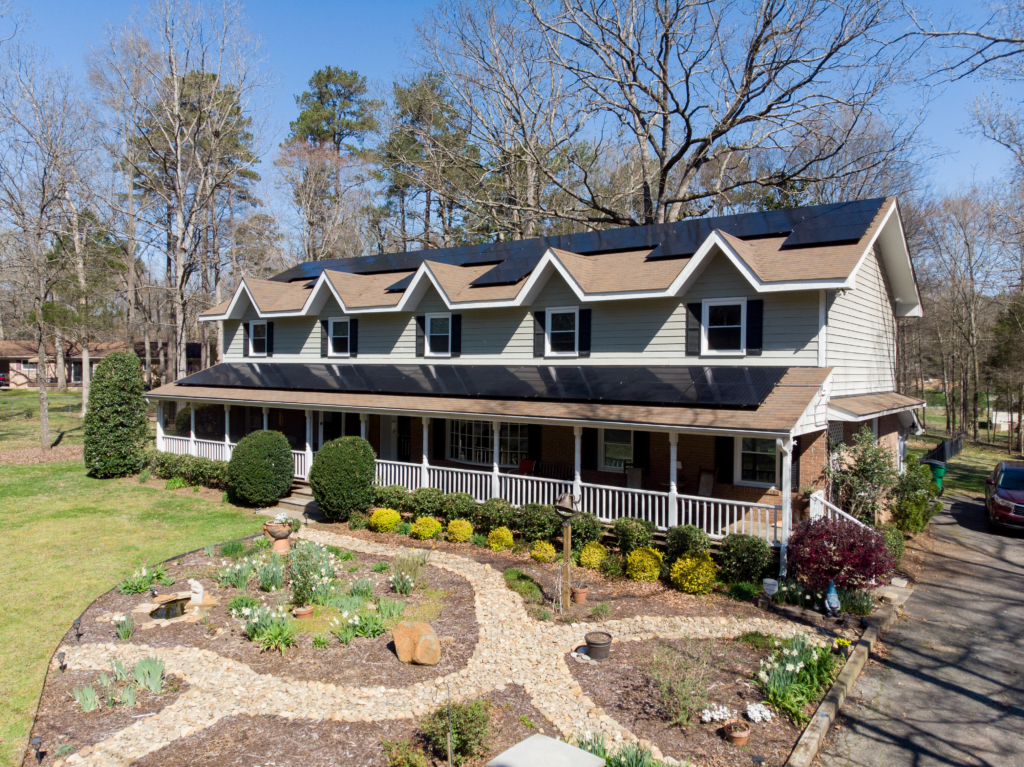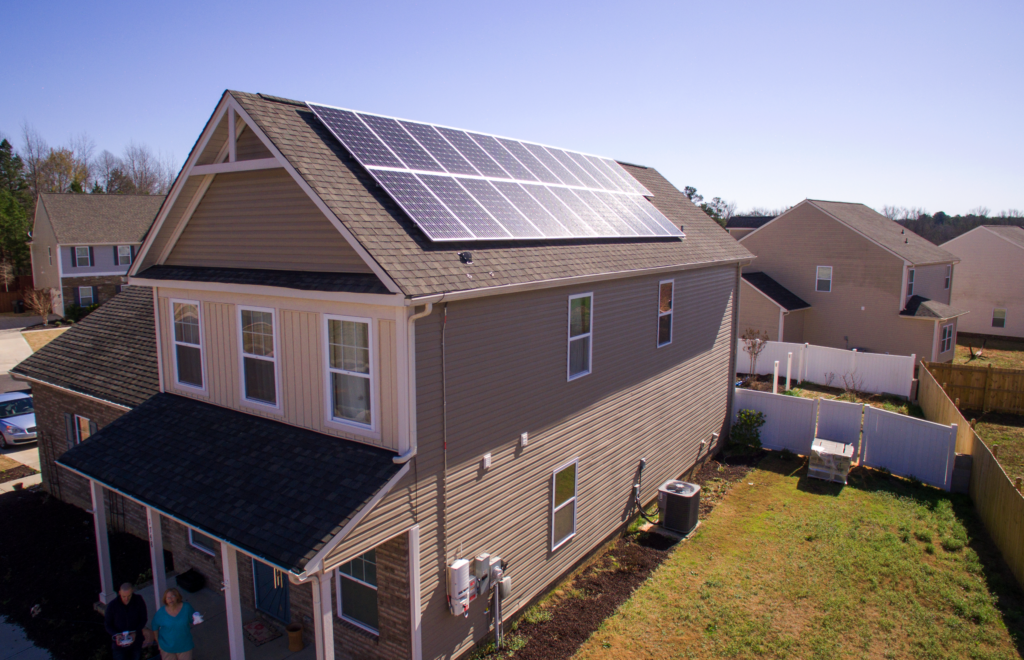Support Solar Measures with Renu
Awesome Solar CTA. Really Amazing…
Support Solar-Friendly Measures
Support solar measures with Renu! If you’re an electric customer who supports solar power, there are some important ways you can help make solar ownership more accessible for residents in South Carolina and North Carolina.
South Carolina
Many electric customers have started to support solar and have been able to participate in a program that credits them fully anytime they send excess solar power back to the grid. This program is called net energy metering, because the customer only pays for the net difference between they energy they used and the solar power they generated.
But did you know that South Carolina limits how many households can participate in net metering?
![]() Because of this limit, net metering ended for new solar customers of Duke Energy Carolinas on July 31, 2018. In the absence of net metering, customers have to choose a less favorable option to get credit for going solar, known as a Purchase Power arrangement (sometimes called Buy-All-Sell-All because the customer would have to buy all the power they’ll draw from the utility and sell all the solar energy they produce to the utility – but unfortunately at a lower rate.)
Because of this limit, net metering ended for new solar customers of Duke Energy Carolinas on July 31, 2018. In the absence of net metering, customers have to choose a less favorable option to get credit for going solar, known as a Purchase Power arrangement (sometimes called Buy-All-Sell-All because the customer would have to buy all the power they’ll draw from the utility and sell all the solar energy they produce to the utility – but unfortunately at a lower rate.)
If you want to see net energy metering brought back for new solar customers in this area:
Check who your state legislators are using this online tool and contact them.!
Tell them you want the solar net energy metering cap in South Carolina lifted or increased, in order to:
- help more homeowners like you harness the benefits of solar
- support good-paying, livable jobs in the solar installation field, and
- allow our communities to rely less on large, central power stations that use polluting fuels.
Thanks for taking the time to support solar!
North Carolina
Over the last several years, many solar-friendly measures have helped encourage residents and businesses to go solar in North Carolina. These include a state credit that was active and lapsed, some local Solarize initiatives in a number of cities and towns, and net energy metering, which continues to be available for new solar customers of Duke Energy and other providers.
Currently we’re in the midst of a 5-year program of rebates for Duke Energy Carolinas and Duke Energy Progress customers, both residential and non-residential. Even non-profits that go solar can apply for 75 cents per Watt of rebate on their solar purchase, whereas small businesses can apply for 50 cents per Watt and homeowners can be eligible for 60 cents per Watt.
The program launched its first year application process on July 9, 2018. (Yes, that might seem late – the program required regulatory approval so even though the General Assembly enacted legislation to create the rebate program which was signed early in 2017, by the time the program opened an enormous number of qualified customers had piled up ready to apply.) It’s important to know that Duke Energy has some discretion to recommend changes to the program as it progresses through its five-year duration, so the rebate amounts for each customer category are not set in stone.
Spread the word to friends, colleagues, local business owners and churches you know, and urge them to look into solar while the rebate is available. Each program year, Duke accepts eligible customer applications on a first-come-first-served basis – stay tuned and help make sure that rebate amounts will remain at the current levels and that the program is administered fairly.

Frequently Asked Questions About Solar:
How exactly does going solar and a solar system itself work?
How many solar panels do I need for my home?
Roof-size/available space: When we look at the size of your roof and the space available, we gather data that tell us the maximum number of solar panels your home or site can hold and we even consider shading. We use a software “Suneye” which takes a 360 picture of your roof and we use this photo to determine if your home is a good candidate for solar.
Energy Usage: When we determine energy usage we look at your past electrical bills from over the course of a year to make sure your system isn’t too big or too small.
Your Budget: We take your budget seriously and most importantly, we want you to be satisfied with our services. We take your feedback on how much you want to spend so that we can size your system appropriately.
What is solar net-metering?
Does Duke Energy offer net-metering?
Curious about the cost of a home solar system?
PV Solar System
Our PV Solar Systems are really, really great and they are priced perfectly and will immediately and fundamentally improve the quality of your life.
Energy Storage
Our PV Solar Systems are really, really great and they are priced perfectly and will immediately and fundamentally improve the quality of your life.
EV Chargers
Our PV Solar Systems are really, really great and they are priced perfectly and will immediately and fundamentally improve the quality of your life.
Ready to Own Your Own Energy?
Speak to Us Today!

